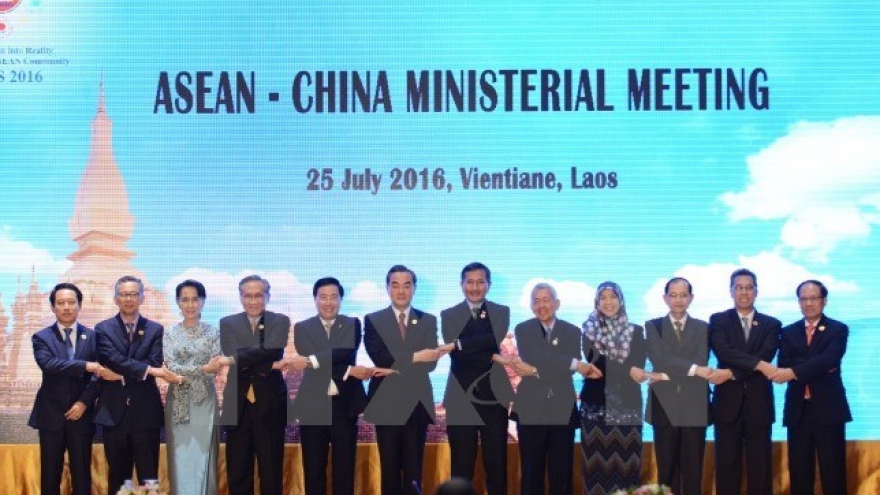Russian experts talk legal path to peace, stability in East Sea
Leading Russian experts and researchers on Asia-Pacific discussed how a legal path helps secure to peace and stability in the East Sea at a round-table workshop in Moscow on September 8.
 |
They agreed that the ruling issued by the Permanent Court of Arbitration (PCA) in The Hague, the Netherlands on July 12, confirms China’s sovereignty declaration in the East Sea has no legal foundation.
Secretary General of the International Institute for Peace Grigory Lokshin, an expert from the Russian Academy of Sciences’ Institute of Far Eastern Studies, said the ruling is the clearest explanation for regulations under the UN 1982 Convention on the Law of the Sea (UNCLOS).
The PCA’s decision has become a prerequisite condition and laid down a legal foundation for the regional involved parties to push ahead with dialogues and cooperation in the coming time, he added.
Meanwhile, Pavel Gudev, Senior Research Fellow at the Primakov Institute of World Economy and International Relations (IMEMO), said China’s claims were based on no legal foundation and even violated international norms and law.
The ruling provides extra legal power for countries in the East Sea to forge ahead with bilateral and multilateral negotiations, which, he said, are the only legal path to regional peace and stability.
Participants suggested the involved parties seek measures to address disputes peacefully and without use or threat to use forces and in line with international law, especially the UNCLOS 1992.
They agreed that any disputes in the East Sea are unbeneficial for Russia as both Vietnam and China are strategic partners of Russia.
Ancient maps of Vietnam, France, China and other countries were screened during the workshop, which show China has no historical evidence supporting its sovereignty claims in the East Sea and reaffirm Hoang Sa (Paracel) and Truong Sa (Spratly) archipelagos belong to Vietnam.



